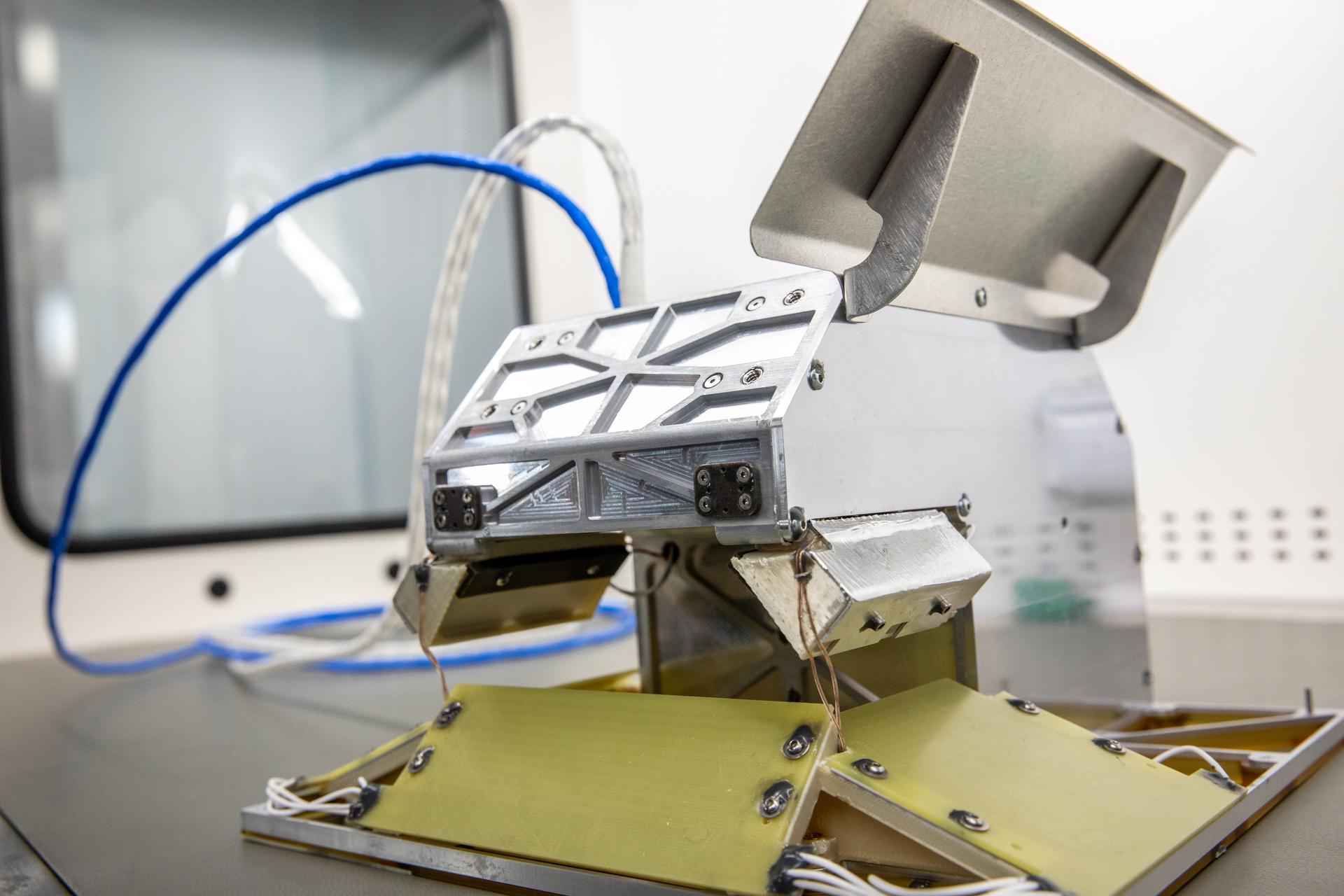
Neutral but not idle IMEC offers neutral ground amid chip rivalries
LEUVEN IS PERHAPS best known to the general public as the birth place of Stella Artois. Among chipmakers the Belgian city’s biggest claim to fame sits in a squat, black tower not far from the Leuven Institute for Beer Research. Metal banding lends its facade the glittering look of a silicon wafer etched with microcircuitry. Inside, its lower floors hum with the noise of $3bn-worth of some of the most complex equipment humanity has ever devised. The offices above house hundreds of the planet’s keenest semiconductor engineers dreaming up the future of chipmaking.
The tower (pictured) is the headquarters of the Interuniversity Microelectronics Centre. IMEC, as it is better known, does not design chips (like America’s Intel), manufacture them (like TSMC of Taiwan) or make any of the complicated gear in its basement (like ASML, a Dutch firm). Instead, it creates knowledge used by everyone in the the $550bn chip business. Given chips’ centrality to the modern economy—highlighted by the havoc wrought by current shortages—and increasingly to modern geopolitics, too, that makes it one of the most essential industrial research-and-development (R&D) centres on the planet. Luc Van den hove, IMEC’s boss, calls it the “Switzerland of semiconductors”.
IMEC was founded in 1984 by a group of electronics engineers from the Catholic University of Leuven who wanted to focus on microprocessor research. In the early days it was bankrolled by the local Flemish government. Today IMEC maintains its neutrality thanks to a financial model in which no single firm or state controls a big share of its budget. The largest chunk comes from the Belgian government, which chips in some 16%. The top corporate contributors provide no more than 4% each. Keeping revenue sources diverse (partners span the length and breadth of the chip industry) and finite (its standard research contracts last three to five years) gives IMEC the incentive to focus on ideas that help advance chipmaking as a whole rather than any firm in particular.











